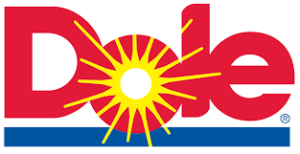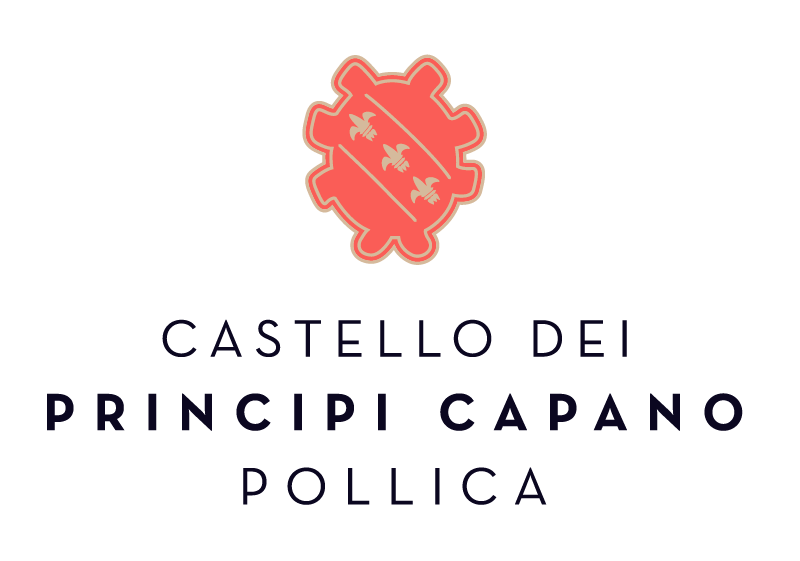
- Questo evento è passato.
Foor For Earth_G20 Edition_ Nutrition Unpacked: Nutrition for All
23 Luglio 2021 @ 15:30 - 17:00


Presentazione della ricerca curata da Future Food institute e Dole “Nutrition For All: Feeding the Planet, Energy for Life“
Di seguito l’executive summary per una conoscenza preliminare:
Introduction
The purpose of this co-branded research initiative was to unveil unique local insights and knowledge gaps about nutrition through a combined academic and practical approach, able to go beyond overgeneralizations and biased interpretations. The research question addressed in this paper is the following: How might we ensure access to (quality) nutrition for all people regardless of their gender, race, or socioeconomic status, without compromising the livelihoods of (small) farmers and the boundaries of our planet?
Methodology
Phase 1 of the study relied on previous literature review, and quantitative analysis of data banks from public research institutions.
Phase 2 implemented the preliminary findings during six dinner events organized in Brazil, India, Zimbabwe, United States, Poland, and Japan, where local communities of stakeholders shared a meal and their thoughts about nutrition inequality.
Findings
Considering that access to nutrition is an equation of acceptability (knowing about nutritious foods and finding them acceptable), affordability, and availability, four directions were explored:
(i) social nutrition (food availability and consumption based on social factors as gender, culture, religion, economics, and politics)
(ii) food generation gap (nutritional status and mindset of different age groups)
(iii) hidden hunger (the mismatch between quality of food ingested and nutrient requirements)
(iv) ecosystem (the holistic view of a multi sector made of multi stakeholders, crucial to ensure Nutrition for All).
Exploring these directions helped establish a framework to better understand the perspectives and narratives around nutrition inequalities, which were later validated with stakeholders at the dinner events.
Acceptability
Improving (good) food communication, next to food education, is crucial to stem heavy marketing strategies spreading a surreal image of instagrammable food and to avoid dangerous misconceptions about body and health.
According to the UN SDGs, gender equality and female empowerment are pivotal to achieving food security for all, improving agricultural productivity, and ensuring the full participation of rural people in decision-making processes.
Affordability
Today, poor-quality diets are the primary cause of morbidity and mortality in the world, due to both inadequate consumption of nutritious foods and excess consumption of harmful ones (Hirvonen, K. et al., 2020). Realigning food systems to deliver better health and environmental outcomes is therefore among the most important global challenges of the 21st century.
The conventional agricultural system shifted towards quantity over quality, and maximizing profits at the cost of nutritional value for the consumer. Due to the rise of big supermarkets and urbanization, small and medium grocery stores have disappeared from the street corners. Simultaneously, busy lives and hectic working rhythms encouraged the consumption of processed ready-to-eat and convenience foods.
Availability
Achieving universal and equitable access to safe and affordable drinking water is one of the major targets for 2030 and implementing nutrition-sensitive agricultural water management means producing food in adequate quantity and quality while also safeguarding water and other natural resources (Bryan, E. et al., 2019; FAO, 2017; UNSCN, 2020).
Biodiversity provides us with food and wellbeing. It filters our air and water, helps keep the climate in balance, converts waste back into resources, pollinates and fertilizes crops and much more (EC, 2020). People are largely unaware of the biodiversity crisis and of their role played through food choices. Genetic biodiversity is looked after by the wise hands and extensive knowledge of smallholder farmers who have the power to potentially reverse and restore the drawbacks of biodiversity. Hence, feeding the link between urban populations and indigenous farmers might enable an exchange of know-how in addition to new employment opportunities in food value chains (IFAD, 2016).
Conclusion
This research aims to be the first step towards the creation of an open source platform where data and real life experiences worldwide are mapped out. Moreover, the Nutrition for All approach could be employed for further research where we include even more stakeholders at the table and enable cross-cultural experience sharing
